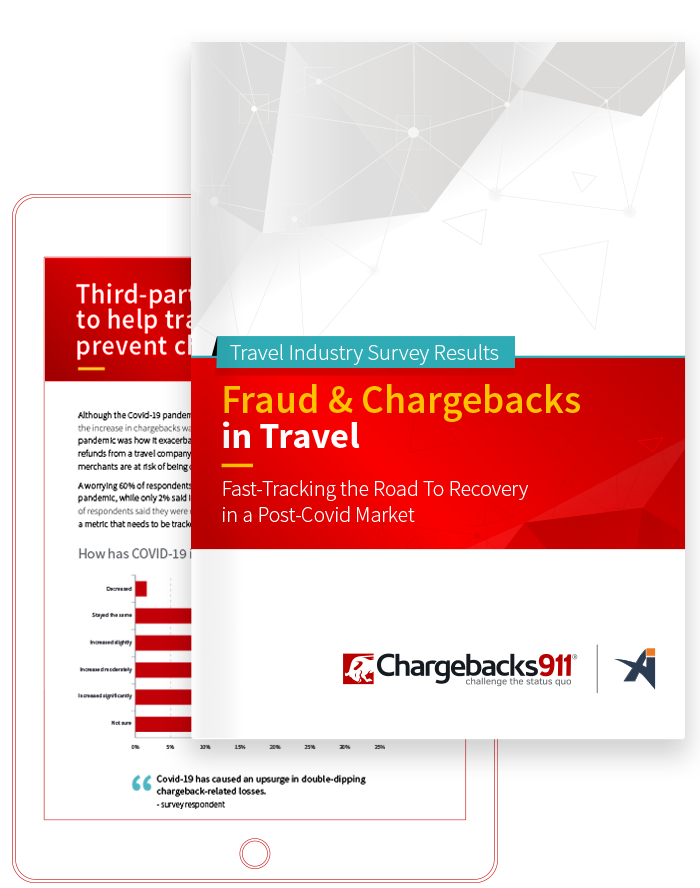The travel and tourism sectors have many lessons to share about bouncing back from the most trying of circumstances. While chargebacks are problematic for merchants across every sector, those in the airline, hotel and travel arenas face specific challenges due to the nature of the business in which they operate.
Travel plans go awry for many reasons; cancellations are common, and chargebacks remain a painful thorn in the side for many. Disgruntled consumers—those who are utterly baffled by lengthy terms and conditions, and those who try to scam refunds, free flights or accommodation from time-pressed travel merchants and agents—are common.
Chargeback challenges are compounded by ‘double dipping’; a practice by which customers obtain refunds from the merchant and their credit card provider. As a result, the merchant has to pay out twice.
It’s no surprise, therefore, that over the past 18 months, with travel plans wrecked for millions worldwide, the sector has seen a significant increase in chargeback rates and requests for refunds. Even though merchants have plenty of experience in dealing with disputes, the unprecedented circumstances arising from the Covid-19 pandemic have placed them under intense pressure. Widespread cancellations, disruptions, and the uncertainty driven by national and international lockdown restrictions are undoubtedly eating into revenues.
It’s estimated that payment fraud causes airlines to lose around 1.2% of revenue annually . According to Chargebacks911 data, the travel industry accounted for roughly 1 in 8 chargebacks issued in 2019 , and post-pandemic, the number of fraudulent chargeback issuances (also known as friendly fraud) rose by 41% across all merchant verticals.
If travel merchants want to stay in business for the long haul, they need to do everything possible to safeguard their profits, reassess operational costs and take advantage of every tool and service available to them to mitigate chargebacks and ensure economic recovery.
In this guide, the experts at Chargebacks911 draw upon extensive in-depth research among merchants in the airline, hotel and travel-related verticals to uncover how chargebacks are affecting this sector. The report also examines the positive actions that can be taken to manage fraud detection and mitigate chargebacks.



















